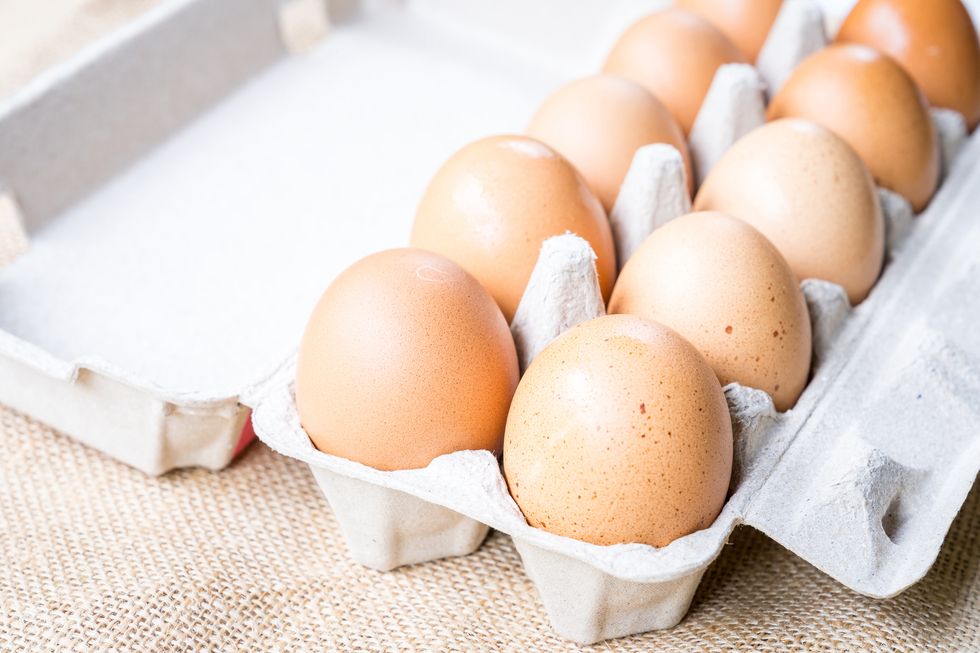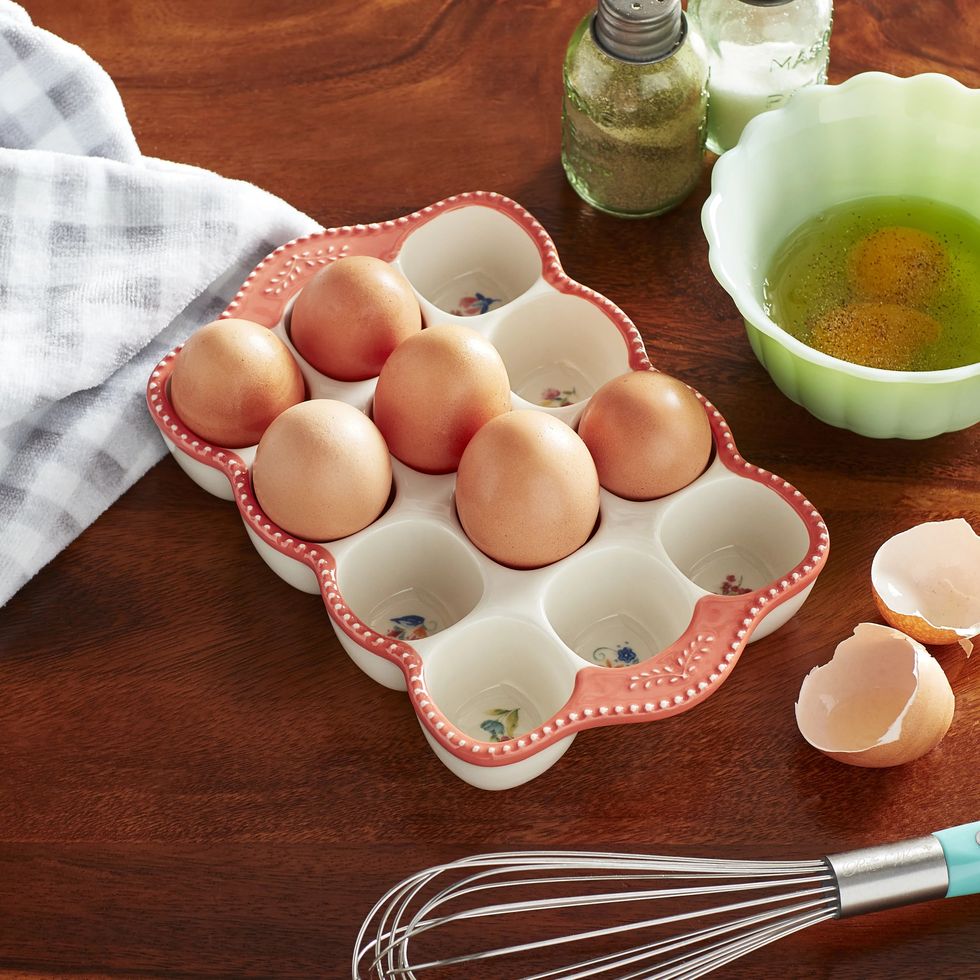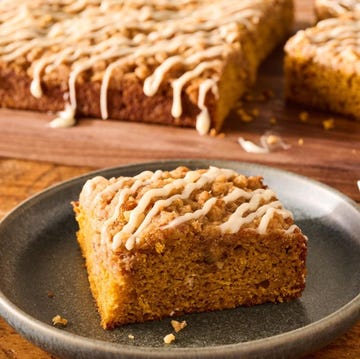Ah, the incredible, edible egg! It is such a versatile ingredient. You can bake, fry, and scramble them in just a few minutes for quick breakfasts. And if you learn how to boil eggs and how to poach eggs, you're on your way to fancier applications like deviled eggs and eggs Benedict. Then think of all the desserts you can make!
But most egg recipes don't call for a whole carton, and you might find yourself up against an impending expiration date on the side of the carton before you know it. Given the recent shortages and price hikes, you don't want to waste a single one! Rather than throw them out or risk them spoiling, you might want to consider a longer term solution like freezing them.
Can you freeze eggs, you might be wondering? The short answer is: yes! You can freeze whole chicken eggs, egg whites, and egg yolks. No matter what types of eggs you have, they can last a lot longer―like months longer―if you freeze them. You just need to follow a few eggs-pert tips, which you'll find right here.
What Is the Best Way to Freeze Fresh Eggs?
First, make sure your eggs are fresh. For pasteurized eggs and store-bought, you can trust the expiration date on the side of the carton. But if they are slightly over the date or you get fresh farm eggs without an expiration date, try the egg float test to make sure they are worth using.
The easiest way to freeze full eggs is to grab clean, empty ice cube trays. A standard ice cube tray should hold one cracked egg per slot. Sprinkle a pinch of salt over each cracked egg, cover the tray securely with plastic wrap, and stash in your freezer on a flat surface until they are frozen solid. At this point, you can pop them out, place them in an airtight plastic bag that is labeled with what they are and the date.
If you find yourself with excess yolks (say from making an egg white omelette), you can repeat the same exact process for freezing them as you would full eggs. Don't worry if they are whole or if they break, because most recipes will have you whisking the egg yolks anyway. Save them for yummy ideas like lemon curd ice cream, cream puffs, and Hollandaise sauce.
Egg whites are magical and worth saving for a whole host of ideas. From buttercream to pies piled high with meringue, they whip up so gloriously for so many applications. Follow the same process as you would for whole eggs or egg yolks to freeze eggs whites, but omit the salt. Or, if you use them a lot in baking, freeze them in bulk. Measure the egg whites in a liquid measuring cup in half-cup or whole-cup increments, pour them into plastic containers, and freeze. Just be consistent with the measurements and label accordingly.
Can You Freeze Eggs in the Shell?
You shouldn't freeze eggs that are still in their shells. The biggest reason why is that liquid in the eggs will expand when frozen and crack the shell. This may cause shell pieces to break or mix in with the eggs. It may also cause spoilage, bacterial contamination, and also change the texture of the eggs. You can easily avoid these risks by removing the eggs from their shells and following the instructions above.
Can Your Freeze Hard-Boiled Eggs?
The answer is: sort of. You can freeze hard-boiled egg yolks. So if you wanted to save them for recipes that call for them, go for it. Simply place them in a zip-top bag, label, and tuck them away in the freezer for up to four months. Unfortunately, hard-boiled egg whites―and therefore whole hard-boiled eggs―do not freeze well. They become watery and tough when defrosted.
Do Frozen Eggs Taste Different?
You may have been wondering why you add a dash of salt to the eggs before freezing them. Egg yolks have a tendency thicken and change texture when frozen, and the salt helps prevent that. Egg whites are fine, which is why you don't need the salt when they are separated. If you add the salt, then frozen eggs should not taste vastly different than fresh eggs, other than being a bit saltier. The amount of salt is negligible, so shouldn't affect recipes. But if you want to be safe, simply reduce the amount of salt in the recipe slightly to compensate.
How Long Do Frozen Eggs Last?
When properly stored, frozen eggs can last up to a year in the freezer. But, they will taste best if consumed within four months of the day you freeze them. Remember, like any item that you store in the freezer, you should label what it is, the quantity if applicable, and the date you put it in. That way, you're not guessing what it is or when you put it there six months later!
To defrost whole eggs, yolks, or whites, take out the quantity you need and put them in the refrigerator overnight to thaw. You can also keep them in a plastic bag and thaw them in a bowl of cold water or running cold water to speed up the process. Just remember, cold not hot water, so you don't accidentally cook the eggs.














